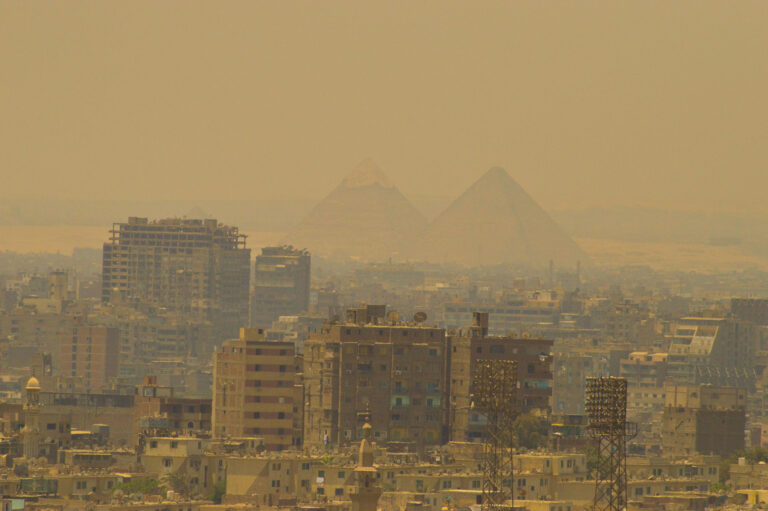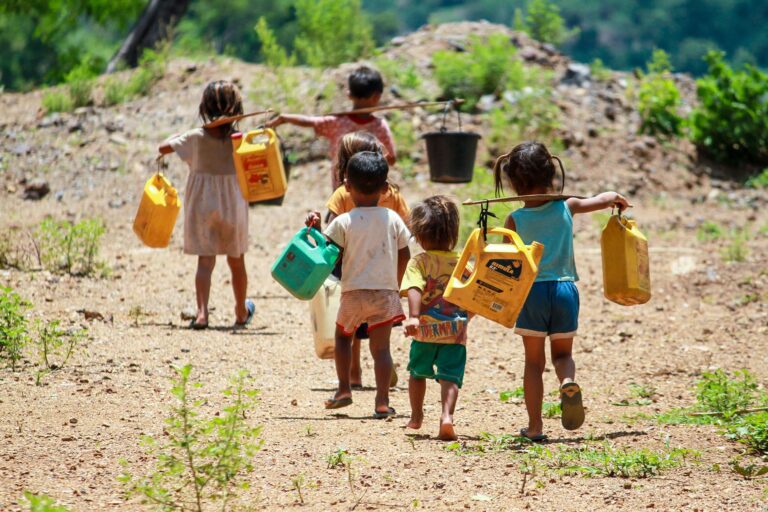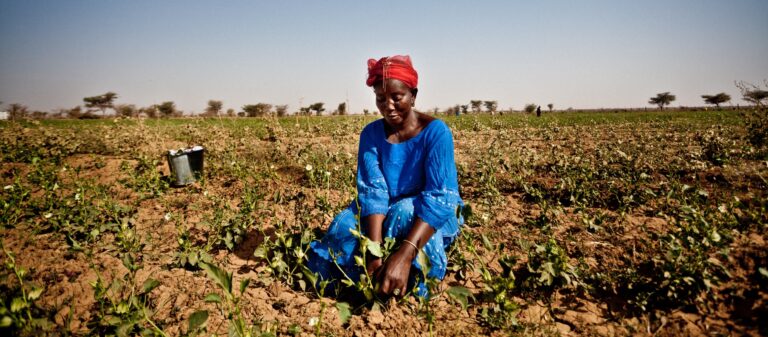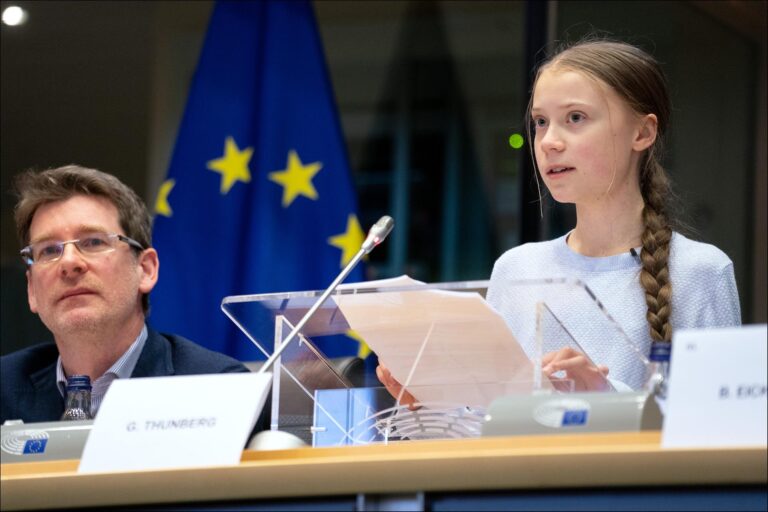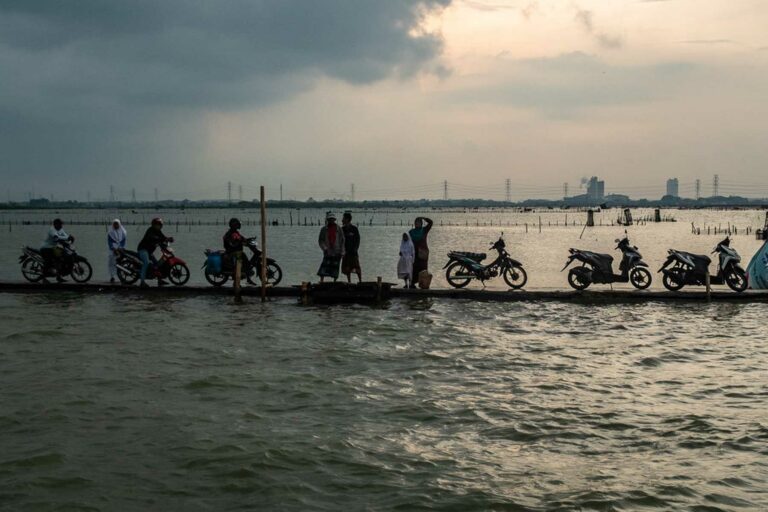Obtaining the free, prior, and informed consent (FPIC) from indigenous and local communities...Read More
Bottom trawling is a destructive method of fishing in which a heavy, weighted net is dragged across the seafloor in an effort to catch large quantities of fish.
While bottom trawling is a favored technique by many commercial fishing companies, it has several significant negative impacts related to ocean biodiversity, carbon emissions, and human rights.
First, bottom trawling is indiscriminate in what it catches since its large nets sweep up anything that happens to be in their paths. This leads to significant bycatch – the incidental capture of non-target species such as dolphins, marine turtles, and deep-sea corals. The deaths of critical amounts of these species, as well as the destruction of the marine environments upon which they and others depend, can have a catastrophic impact on ocean biodiversity.
Furthermore, since marine sediments are the largest pool of carbon storage in the world, the destruction and disruption of the seabed by heavy nets dragging across the ocean floor releases massive amounts of carbon into the water, which can increase ocean acidification and contribute to climate change. Indeed, bottom trawling releases about 1 gigaton of carbon dioxide every year, as much as the entire aviation industry.
Bottom trawling is also associated with numerous human rights abuses, such as the exploitation of low-paid laborers who are forced to work long hours in dangerous conditions on fishing vessels. Moreover, the depletion of fish stocks due to bottom trawling can severely impact the livelihoods and food security of coastal communities that rely on fishing for their subsistence.
Photo Credit: A fishing net drags across a coral reef. Not only does bottom trawling destroy on marine environments, but it also turns over marine sediments – the world’s largest carbon sink. Photo by Tim Sheerman-Chase, via Wikimedia Commons (CC BY 2.0)


